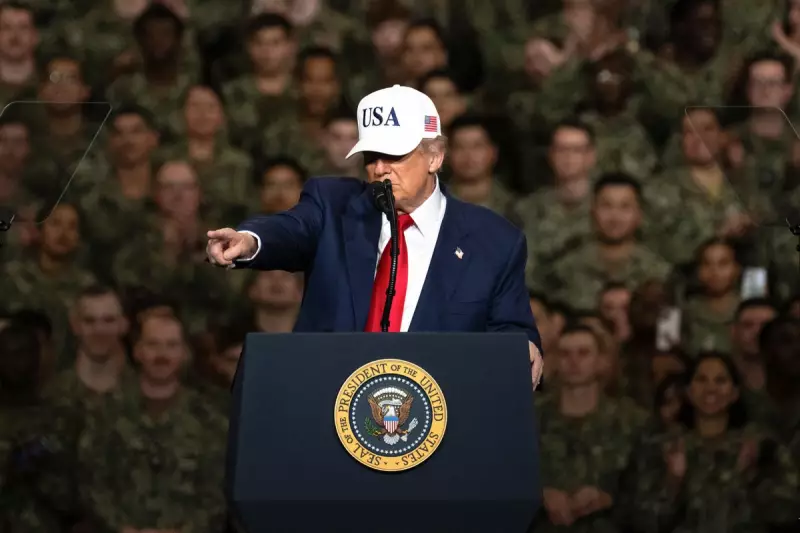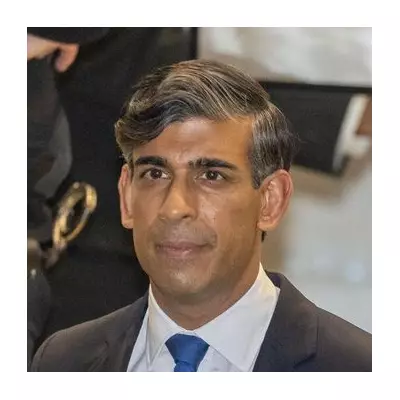
In a fiery campaign speech that sent shockwaves through international diplomatic circles, former President Donald Trump has demanded Japan and other American allies repay the United States for decades of military protection.
The controversial remarks came during a rally in Concord, New Hampshire, where Trump claimed the US has been providing defence services to wealthy nations without proper compensation.
'They Owe Us Big Money' - Trump's Extraordinary Claim
'We have a treaty with Japan. If we're attacked, they don't have to do nothing. They can sit home and watch it on television,' Trump told his supporters, framing the security arrangement as fundamentally unfair to American taxpayers.
In his most provocative statement, the former president suggested he would encourage aggression against nations that fail to meet his financial demands: 'If they don't pay us, then we're not going to protect them. In fact, I would encourage them to do whatever the hell they want.'
International Reaction and Diplomatic Fallout
The comments represent a significant escalation in Trump's long-standing criticism of US defence commitments abroad. Japan, which hosts approximately 54,000 American military personnel, has historically been one of Washington's closest allies in the Asia-Pacific region.
Diplomatic experts warn that such statements could undermine decades of carefully built international partnerships and create uncertainty among nations that rely on US security guarantees.
Broader Implications for Global Security
Trump's remarks extend beyond Japan, targeting what he described as 'delinquent' nations benefiting from American military might without adequate financial contribution. This stance aligns with his 'America First' foreign policy approach that characterised his presidency from 2017-2021.
The speech comes as Trump maintains a dominant position in the Republican presidential primary race, suggesting these controversial foreign policy positions could become central to his 2024 campaign platform.
Asian markets and international security analysts are closely monitoring the situation, concerned about potential destabilisation in a region already facing numerous geopolitical challenges.





